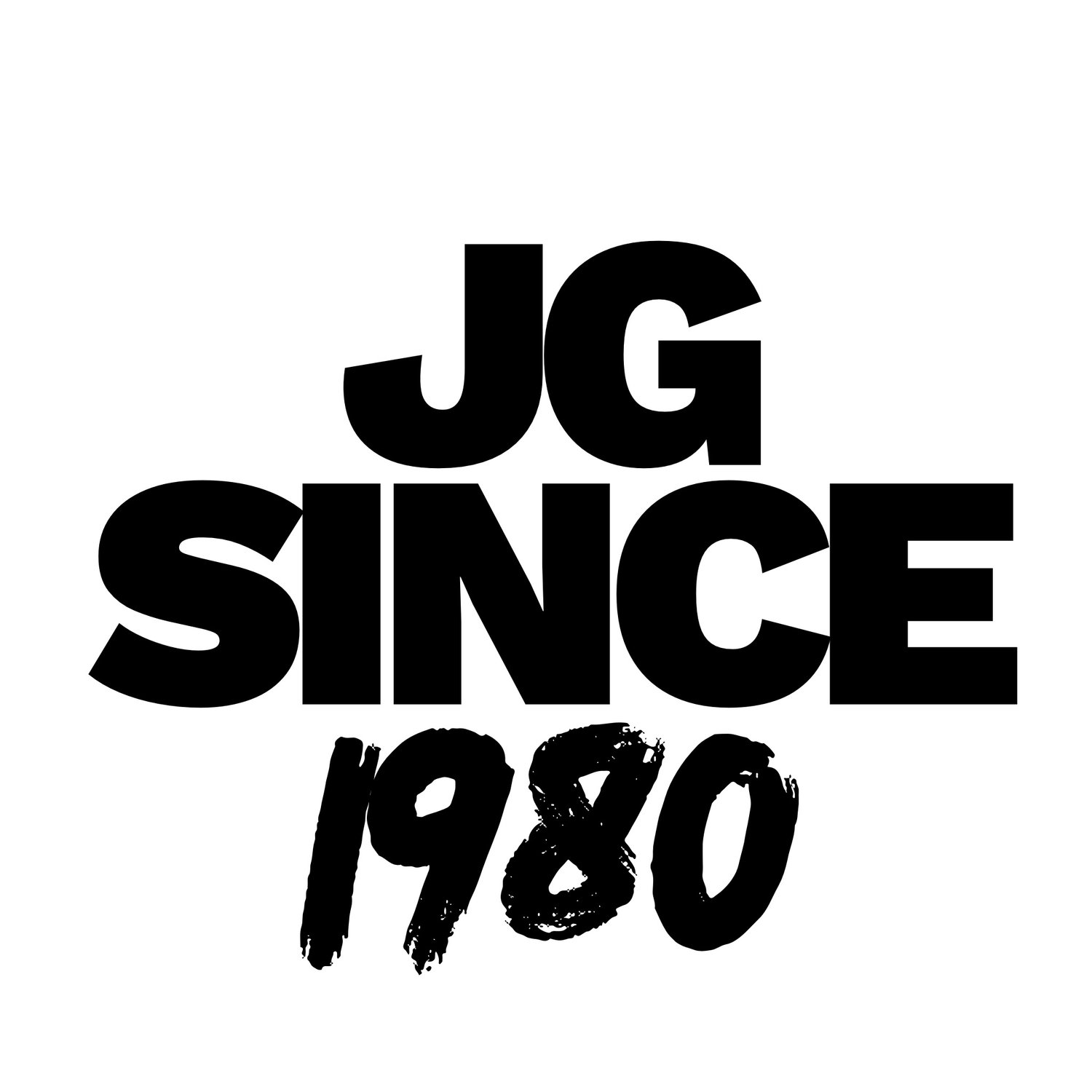Beyond Religion and Government: Reimagining Society for True Inclusion
Throughout history, humanity has attempted to build peaceful and cohesive communities through traditional and systematic methods and approaches such as religion, government, and the even more vague and elusive “shared values”. And yet, the results speak for themselves: inequality, conflict, power struggles, and persistent divisions.
Take religion for example. If religion’s centuries-long project of systemizing morality and “shared values” can’t create genuine peace, why should we continue to expect their current systems of belief, as well as our structures of politics, economics, or labor divisions to succeed where they too have consistently failed? All these attempts have miserably failed for thousands and hundreds of years and yet we persist as if they are capable of achieving their suggested outcomes.
At best we are often convinced that we should continue to thrive towards idealistic pies in the sky and when we come to grips with the reality of their oppressive and delusional nature we are then convinced to have hope. WTF is wrong with us?
As someone who was systematically trained within these institutions, I can say with certainty that they are unnecessary in society and, in fact, are the root of our divisions, conflicts, and the very obstacles preventing a more cohesive and equitable way of life for humanity.
The uncomfortable truth is this: religion and government have proven themselves inadequate as foundations for an inclusive, equitable society. They are riddled with power dynamics, hierarchical control, and embedded inequalities. Instead of solving our conflicts, they have often deepened them.
Why the Old Models Don’t Work
1. Power and Hierarchy Are Built In
Religions and governments alike depend on authority structures—priests, popes, presidents, monarchs, CEOs. These hierarchies inevitably create imbalances that lead to domination, corruption, and exclusion.
2. Shared Values Aren’t Enough
The idea that we can unite around shared values is appealing but flawed. “Shared values” almost always apply only within a group, and those outside the circle become “other.” Religion especially has drawn sharp boundaries between insiders and outsiders, fueling persecution and war rather than cohesion.
3. The Division of Labor Breeds Conflict
Our economic and political systems thrive on specialization, but specialization also creates dependencies, competition, and power dynamics. As long as resources are scarce and roles unequal, conflict will follow.
A Deeper Problem: Structure, Not Individuals
Sociologists remind us that conflict and inequality don’t arise because individuals are inherently greedy or immoral. The problem lies in the structures—the systems of labor, distribution, and decision-making that guarantee some groups hold more power and resources than others. Institutions like religion, law, and education are not neutral; they often reinforce these inequalities.
Trying to “re-educate” individuals without changing the structures is like trying to fix a faulty engine by telling the parts to behave differently. The design itself has to change.
Toward a Re-Socialization of Humanity
If we are serious about moving beyond centuries of failure, we need more than tweaks to existing systems. We need a re-socialization of humanity…a radical rethinking of how we live, cooperate, and resolve conflict. Religion, despite its vast historical reach, has not achieved this…not even close. At best, it tells us it cannot be achieved, urging us instead to place our hope and faith in the unknown and unseen. That in itself should tell us something. Or, as religious leaders like to remind us, it’s time to have faith the size of a mustard seed.
What might this look like?
Decentralized Power: Structures that prevent any one group from controlling the levers of wealth, culture, or governance.
Resource Equity: Systems designed to ensure equitable access to resources, not just theoretical equality.
New Forms of Belonging: Communities formed around interdependence and shared humanity, not exclusionary “values” that divide and no one actually agrees on particularly as it relates to the more elusive frameworks of morality.
Conflict as Transformation: Instead of suppressing conflict, designing systems that channel it into growth and innovation.
Who’s With Me?😒
The task is daunting. It means questioning the very assumptions we’ve inherited about religion, government, labor, and morality. It means daring to admit that our “great experiments” have failed—and that failure is not just a flaw but a fact. It means paying for questioning and challenging the status quo even in a “free society” and a “free society”!
But it also means opportunity. To build societies that are inclusive, equitable, and truly peaceful, we must reimagine from the ground up. We must step beyond the outdated systems and dare to design something new and we must do so together.
Who’s ready to start? I already did…
Copyright © 2025 Jameel Gordon - All Rights Reserved.

